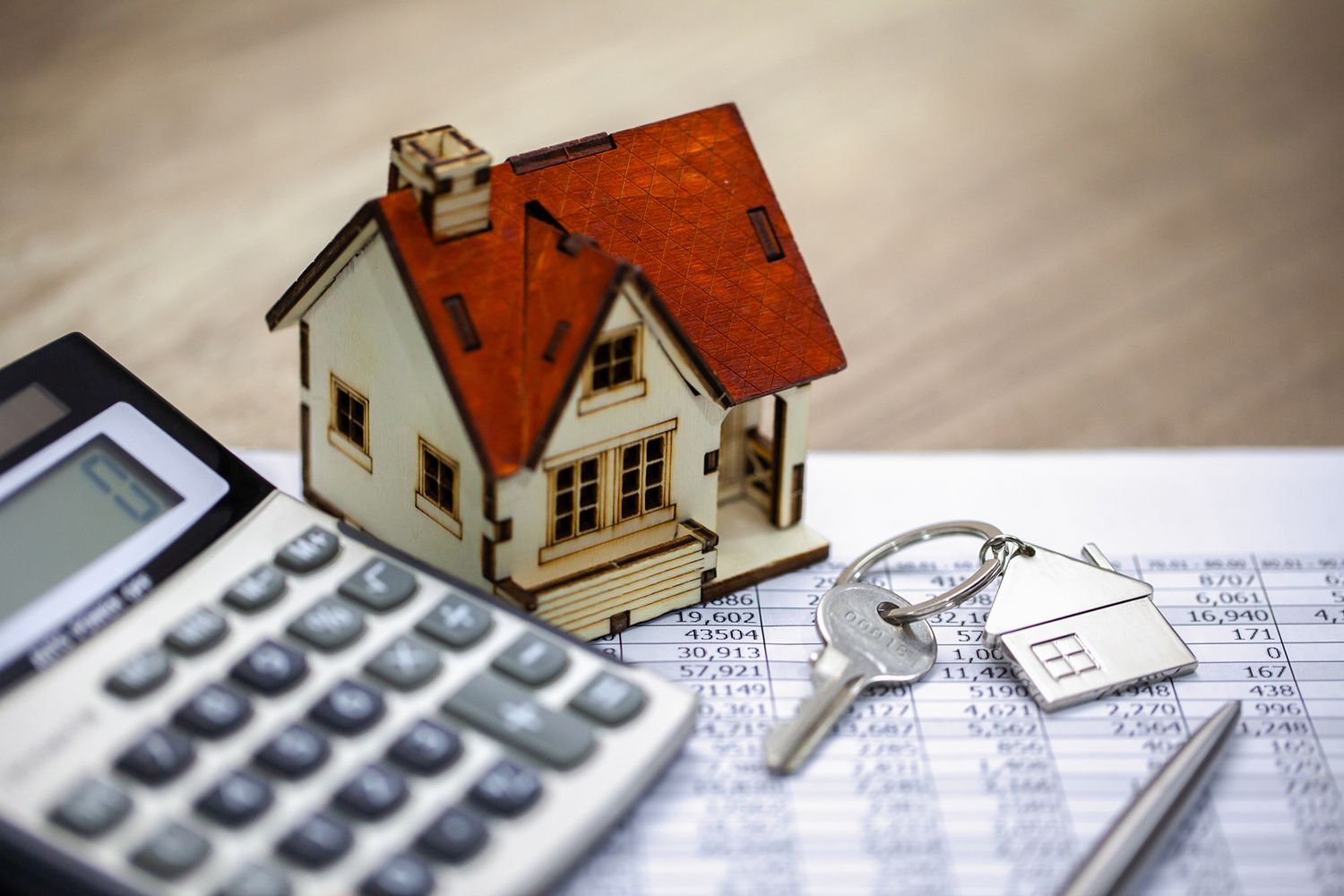Pro Tips to Lower Your Mortgage Rate When Buying a Home
Mortgage rate is the interest rate that you pay on your home loan. Mortgage rate can affect how much you pay for your home over time, as well as your monthly payments and your ability to afford them. Therefore, getting a lower mortgage rate can help you save money, reduce your debt, and achieve your homeownership goals. Here are some ways to lower your mortgage rate when buying a home:
• Improve your credit score. Your credit score is a number that reflects your credit history and creditworthiness. Your credit score can affect your eligibility and terms for a mortgage, as lenders use it to assess your risk and ability to repay the loan. Generally, the higher your credit score, the lower your mortgage rate. To improve your credit score, you should pay your bills on time, reduce your debt, avoid applying for new credit, and check your credit report for errors.
• Shop around and compare offers. Another way to lower your mortgage rate is to shop around and compare offers from different lenders. Different lenders may offer different rates, fees, and features for the same type of loan, depending on their criteria, policies, and market conditions. By shopping around and comparing offers, you can find the best deal for your situation and negotiate for a lower rate. You can use online tools to search for mortgage rates and compare offers from different lenders.
• Choose a shorter loan term. Another way to lower your mortgage rate is to choose a shorter loan term, such as 15 years instead of 30 years. A shorter loan term means that you will pay off your loan faster and pay less interest over time. However, it also means that you will have higher monthly payments, which may affect your cash flow and budget. Therefore, you should choose a loan term that matches your income, expenses, and goals.
• Make a larger down payment. Another way to lower your mortgage rate is to make a larger down payment, which is the amount of money that you pay upfront for the home. A larger down payment means that you will borrow less money and have a lower loan-to-value ratio (LTV), which is the percentage of the home’s value that you owe. A lower LTV means that you pose less risk to the lender and may qualify for a lower rate. However, a larger down payment also means that you will have less money available for other purposes, such as saving, investing, or emergencies. Therefore, you should make a down payment that balances your short-term and long-term needs.
• Buy points or credits. Another way to lower your mortgage rate is to buy points or credits from the lender. Points are fees that you pay upfront to the lender in exchange for a lower rate. Credits are rebates that the lender gives you in exchange for a higher rate. Both points and credits can help you lower your monthly payments and save money on interest over time. However, they also affect the closing costs and the break-even point of the loan, which is the time it takes for you to recoup the upfront costs through the lower payments. Therefore, you should calculate the costs and benefits of buying points or credits and compare them with other options.
Lowering your mortgage rate can help you save money and achieve your homeownership goals faster. By following these tips, you can lower your mortgage rate when buying a home.
